Justin Mlalazi’s crop is only knee-high, and this being the month of March, other smallholder farmers across the country are harvesting corn they planted in October at the start of the cropping season.
“I planted late because I was not sure if there was going to be this much rain,” said Mlalazi, who owns a small farm on the outskirts of Bulawayo, Zimbabwe’s second city, a low rainfall region that is currently experiencing unprecedented above-average rainfall.
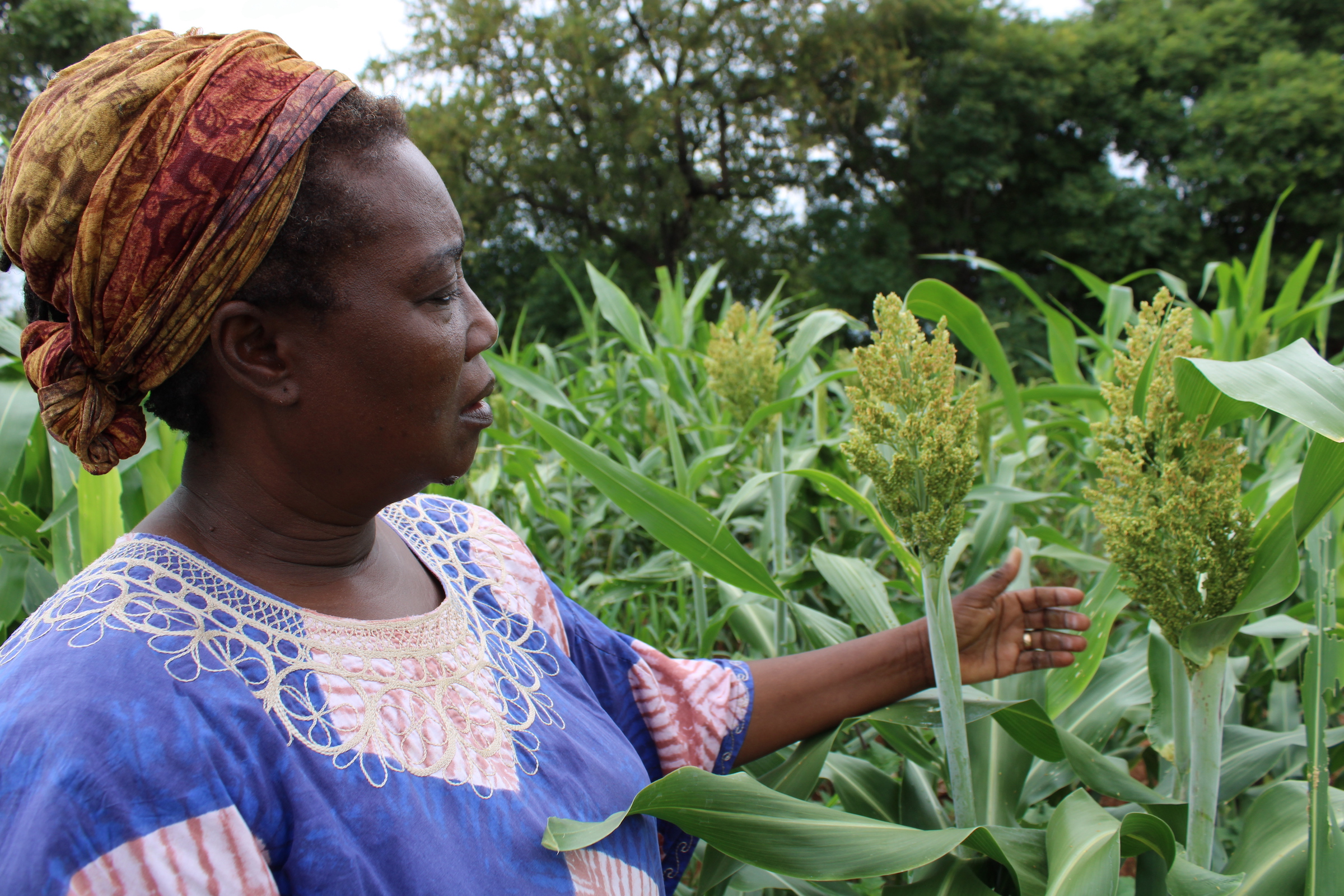
Mlalazi is one of many smallholder farmers who grow the bulk of the country’s staple food, but whose productivity has been upended by uncertainty about when to plant their crop.
While Zimbabwe says it has exceeded corn harvest targets this year, there remain pockets of poor agricultural performance across the country as smallholder farmers who rely on rain-fed agriculture delayed planting, while in some cases, the extended rainfall has led to losses.
The World Bank says that with climate-smart agriculture methods promoted by the government, Zimbabwe could easily return to its former status as a food exporter.
While Zimbabwe’s authorities have invested millions of dollars in research and development, smallholder farmers still rely on traditional knowledge systems that have been undone by climate uncertainty.
However, some researchers say resistance by some smallholder farmers could push back those ambitions.
“It has become difficult to follow the rain patterns. Last season we had poor harvests because there was no rain while others did not bother to prepare the land for planting corn,” Mlalazi said.
His sentiments highlight the disconnect between the advice of both the meteorological services and extension officers on one hand and smallholder farmers on the other.
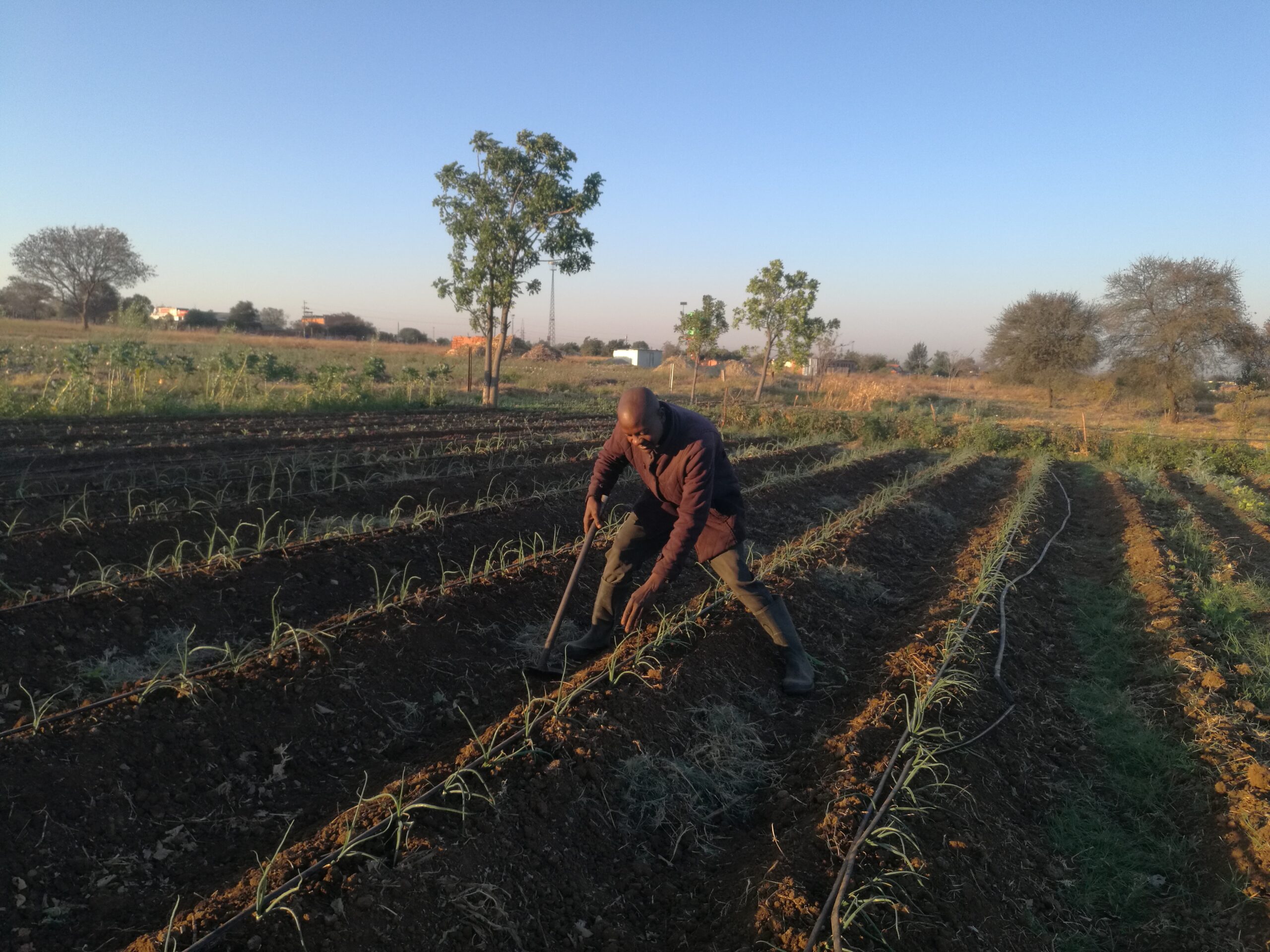
While the country’s agricultural authorities have invested millions of dollars in research and development and also deployed extension officers to most parts of the country, smallholder farmers still rely on traditional knowledge systems that have been undone by climate uncertainty.
Delay planting or start late
For Mlalazi, the fact that rains have persisted into the third month of the year is unusual, creating panicked late planting which extension officers are certain will fail as Cyclone Freddy recedes.
“We tell farmers all the time to be on the lookout for our bulletins and on the ground listen to agriculture ministry officials regarding timing their cropping,” said Nyasha Bhaswi, an extension officer at the Ministry of Lands, Agriculture, Fisheries, Water and Rural Resettlement.
“Since the rain, sometimes comes outside the farmer’s expected timelines, they either delay planting or start late despite our advice, effectively guaranteeing crop failure,” Bhaswi said.
The government has upped efforts to invest in science for better understanding of the challenges brought by climate change but the future still looks bleak because of reliance on rain-fed agriculture.
To match the task of navigating these hurdles and climate-proof the agriculture sector, the Ministry of Lands, Agriculture, Fisheries, Water and Rural Resettlement has deployed more than seven thousand extension officers, according to John Basera, the ministry’s Permanent Secretary.
The future still looks bleak
Despite such investments in the agricultural sector, the World Bank says there is a need to expand “agricultural knowledge and innovation,” with emphasis on climate science and how it serves vulnerable communities.
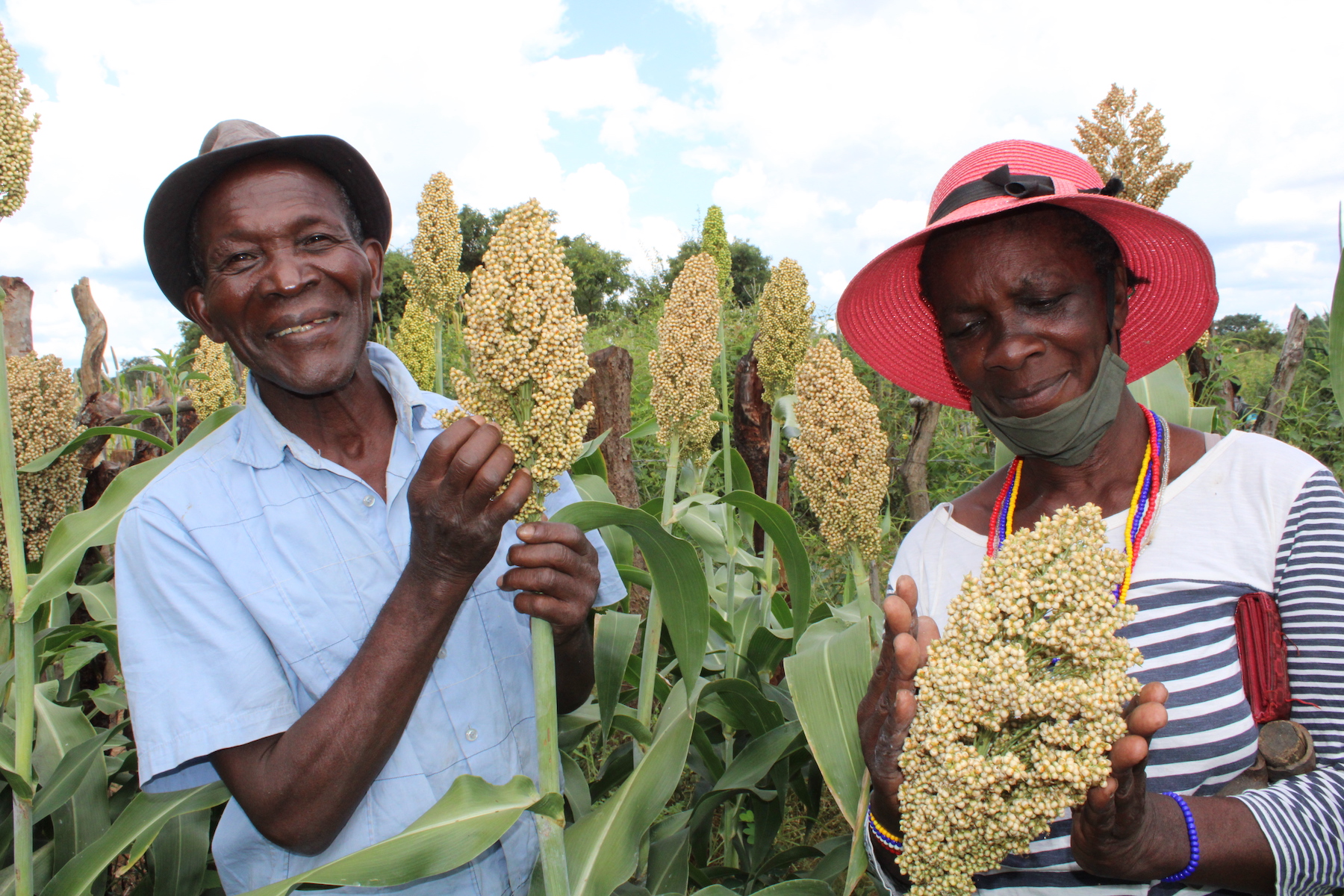
What has also affected food production is the persistence of smallholder farmers to grow corn despite the government encouraging a shift to drought-resistant small grains.
This results in not just empty domestic silos, but also compromised nutritional health, said Melvin Gumpo, an independent agro-economist.
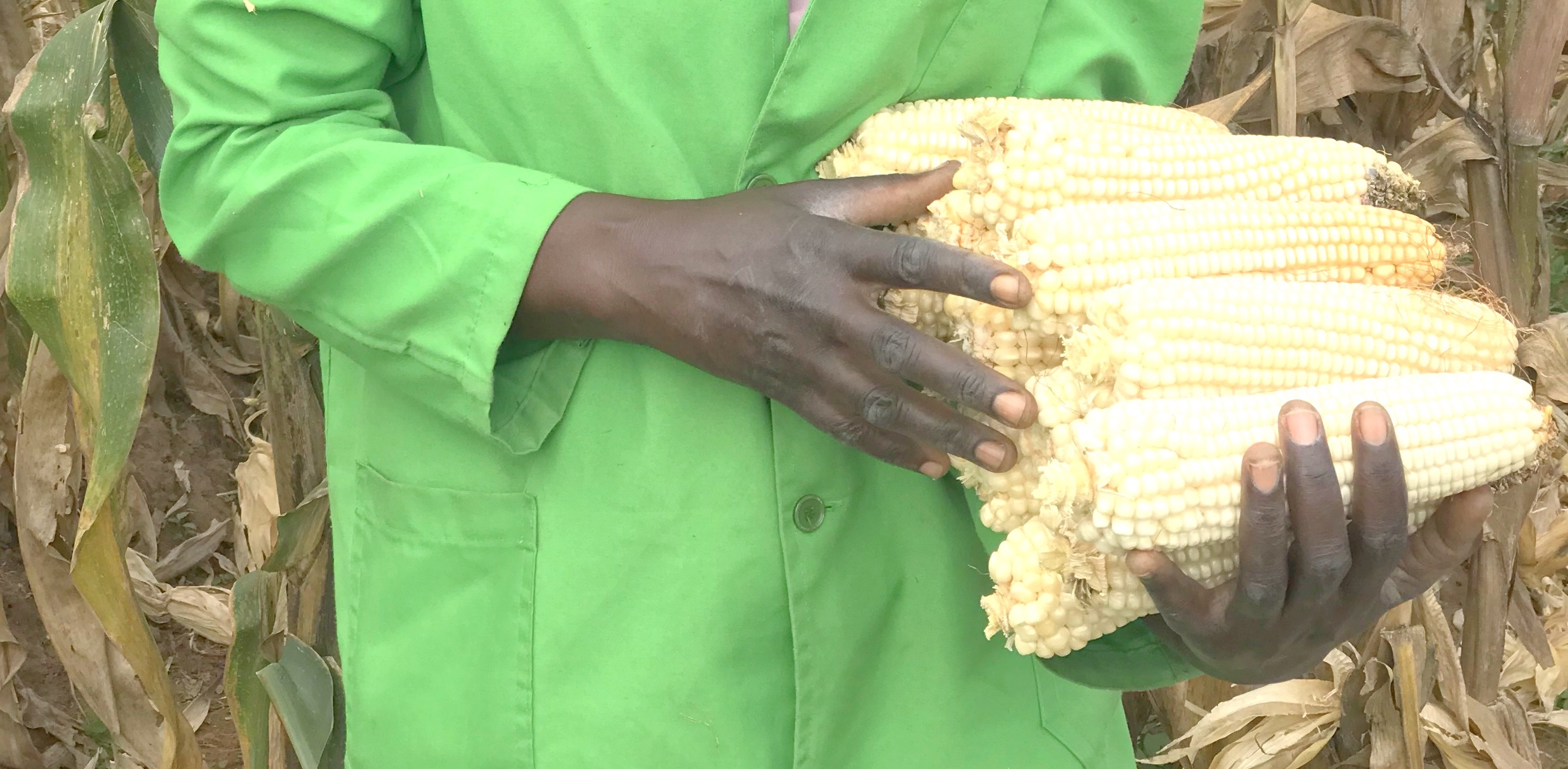
“It is difficult for people to heed advice to shift their dietary preferences when they have been growing and eating corn all their lives,” Gumpo said.
“Shifting to small grains needs a lot of convincing yet it’s the most practical thing to do considering uncertain rain patterns.”
While the government has upped efforts to invest in science for better understanding of the challenges brought by climate change, the future still looks bleak because of reliance on rain-fed agriculture.
Smallholder farmers still hold on to traditional planting cycles, and wait for the rain that might never come, or an unexpected heavy rainfall with thunder and mayhem.
“Climate change projections done under National Adaptation Planning Process indicate that up to the year 2040, there will be an overall annual rainfall decrease over Zimbabwe,” said Tirivanhu Muhwati, a climate change scientist at the Climate, Environment, Tourism and Hospitality Industry.
“The annual average rainfall will decrease by as much as ten to fifteen percent over southern and western parts of the country. This will affect the availability of surface and groundwater resources,” he said.
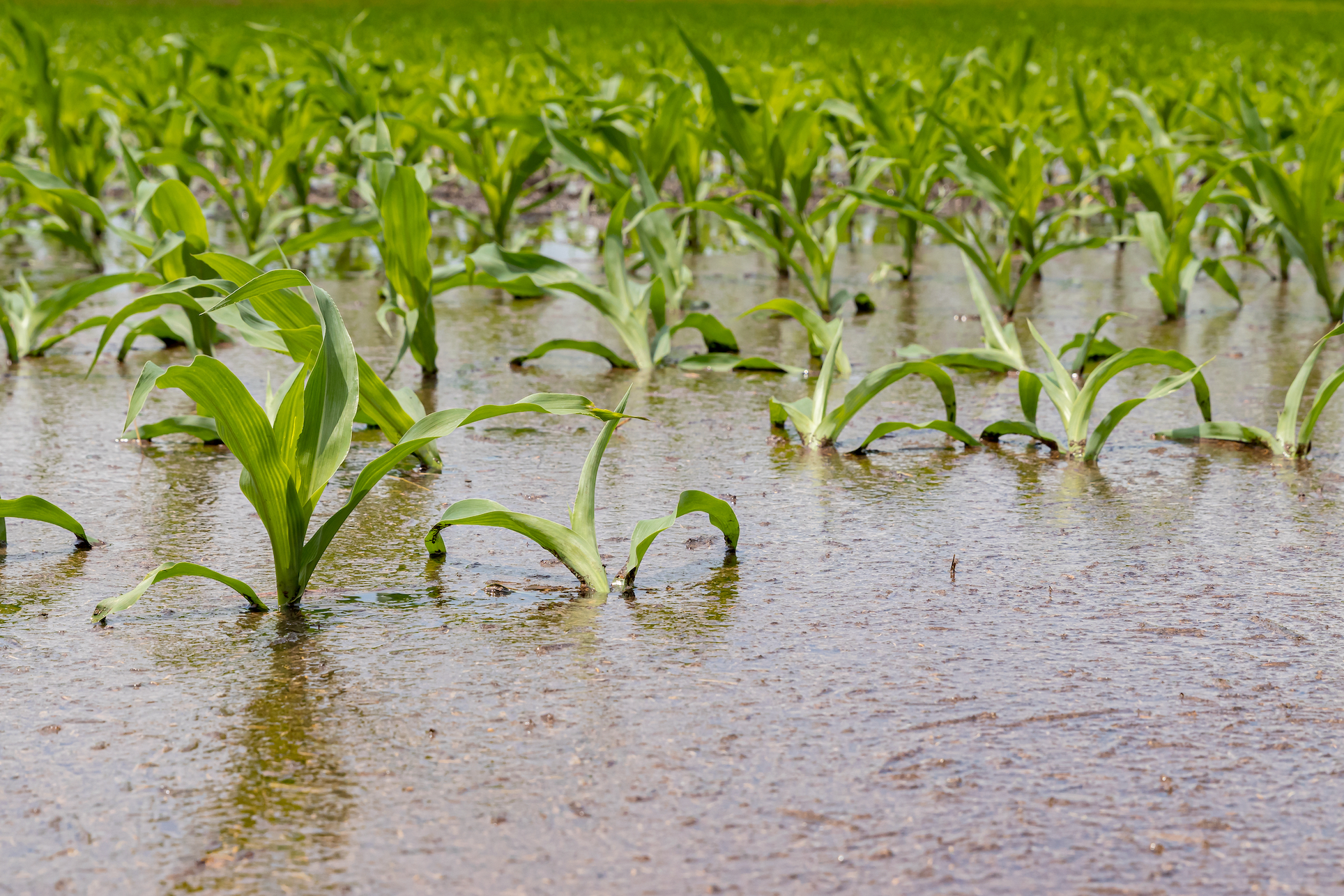
Despite those projections, smallholder farmers such as Mlalazi still hold on to traditional planting cycles, and wait for the rain that might never come, or an unexpected heavy rainfall with thunder and mayhem.
“While extension officers are present, many smallholder farmers rely on their traditional knowledge for many crops than ‘academic knowledge,'” said Desmond Mugadza, chair of the food science department at the government-owned Midlands State University.
Support from international partners
“This knowledge is passed from generation to generation so it’s more of ‘we grew up doing this and it used to work,’ so extension officers’ advice needs to be coupled with behavior change,” Mugadza said.
With Zimbabwe enjoying support from international partners such as the European Union which recently committed 250 million dollars under the Greener and Climate Smart Agriculture initiative, smallholder farmers like Mlalazi could be persuaded to listen to science and reap better rewards.
